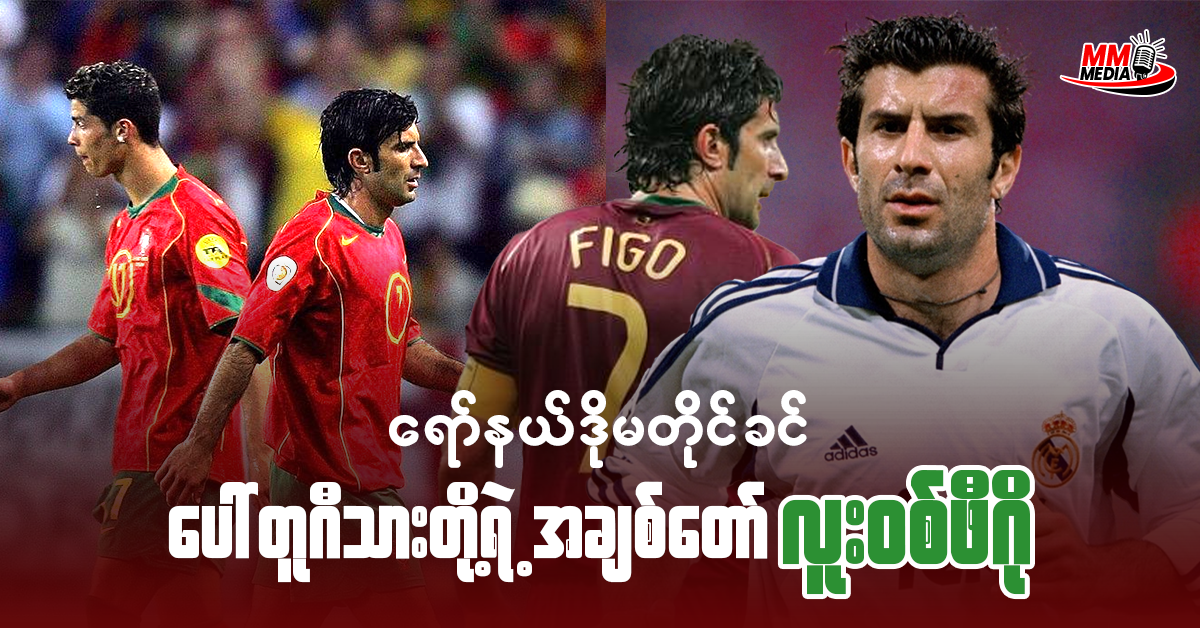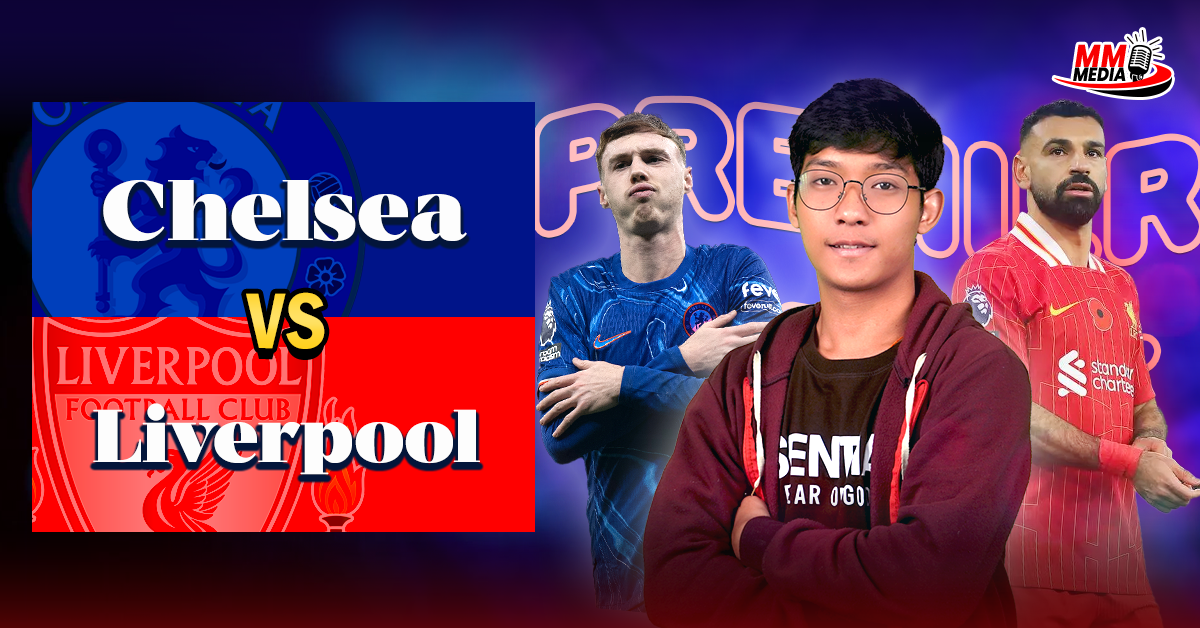Luis Figo - Portuguese Football Legend

Among the many players who have been called the best in history, today I would like to tell you about Luis Figo, a great legend who has become a national hero with his outstanding football skills. Luis Figo is a Portuguese legend who has a definite place in the history of football. If you read about him, you will understand how he tried to achieve success from an ordinary life with a hope. Luis Figo was born on November 4, 1972 in Lisbon, Portugal. His parents were ordinary working-class families, and it must be said that Luis Figo experienced the hardships of poverty from an early age. As a young man, Figo used to play football passionately in the streets of Lisbon, and his only option was a sports career. He started his football career at the age of 14 when his talent was noticed by scouts at the club.
He became known for his skills at the club and at the age of 17, he became a central attacking midfielder and made his debut for the club's first team in 1991. At the time, Luis Figo was becoming a young star in Europe and in 1995 he joined Barcelona for a then-world record fee of €2.2 million. Figo enjoyed further success at Barcelona, winning the 1996–97 UEFA Champions League and the 1997 UEFA Super Cup. Barcelona won La Liga in 1998 and 1999, becoming a household name for the Catalans. Figo won his only Ballon d'Or in 2000.
Then came a surprise. 2000 was a year of change and change for Figo. It was the beginning of the start of Barcelona's star-studded campaign at Real Madrid. In 2000, Real Madrid signed Barcelona's star player Luis Figo for a club-record fee of around €62 million. This incident was a defining moment in Figo's career, and while Figo was a joy to Madrid, he was a traitor to the Catalans.
Figo became a key member of Real Madrid's modern-day star-studded team and enjoyed even greater success as a player. Figo enjoyed a successful career alongside Raúl, Zidane, Ronaldo, Beckham and Casillas. He played for Real Madrid for five years from 2000 to 2005, winning seven trophies, including the 2001 La Liga title and the 2001–02 Champions League. In 2005, Figo's contract with Real Madrid was not renewed and he left Real Madrid for Inter Milan on a free transfer. Inter Milan was Figo's last club, and he continued to show his talent in Italy. In 2008, the arrival of fellow countryman Jose Mourinho prompted Figo to stay at Inter, and he, along with several other Portuguese teammates, continued to play for the club. On 16 May 2009, Figo announced his retirement from playing. On the same day, Inter Milan won the 2008–09 Serie A title. His final match as a player was a home match against Atalanta at the San Siro. Figo captained the team. He played a brilliant final match, receiving applause from both sides during the match. In an interview after the match against Atalanta, he said, "He retired from playing football, not for Inter." He became a member of the Inter board. The following season, Inter won the Copa del Rey, a historic victory for the club, and it was a memorable one for Figo.
Luis Figo was a great leader of the Portuguese Golden Generation, and his international career began with the success of the 1991 World Cup. In 1991, he made his senior debut for Luxembourg. At the time, Figo was only 18 years old. Figo's main international appearance was in 1996, when he scored three goals. Figo played 127 times for Portugal, leading Portugal to major tournaments. His greatest success with the national team was reaching the final in 1994, where he lost to Greece and finished second. Figo announced his retirement from international football after the defeat to Greece, which was also sparked by rumours of a rift with coach Scolari. In 2005, Figo reversed his decision and returned to the national team in the 2006 World Cup against Slovakia. Figo captained Portugal to the semi-finals of the 2006 World Cup, where they lost 1–0 in the semi-finals, courtesy of a penalty from former Real teammate Zidane. They lost 3–1 to Germany in the third-place play-off, finishing fourth. Portugal's best finish in 40 years was a disappointing 1–0 defeat. After the match against Germany, Figo handed over his legendary number 7 shirt to a youngster and retired from international football. Figo was a legendary player in his time and a great player with great records. Figo was also a leader who led the golden generation of Portugal after the era of Eusebio in 1966.
#mmmedia
#LuisFigo
#portugal
LATEST NEWS


Today I would like to tell you about the 10 most valuable full-back players in the world of football.

Today I would like to tell you about the best attacking duo Chelsea have ever had.
.png)

